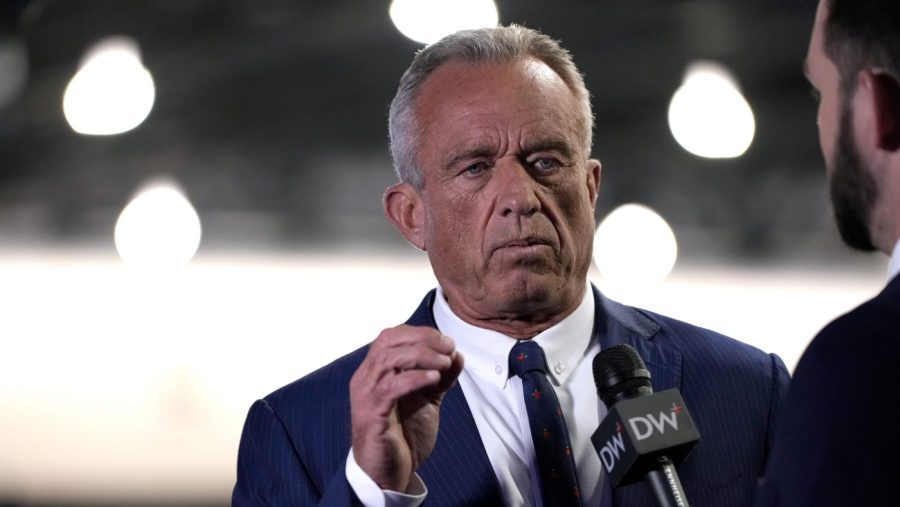Robert F. Kennedy Jr. asked the Supreme Court for an emergency intervention to restore his name on New York’s presidential ballot.
Lower courts excluded the former independent candidate from the ballot after finding he falsely claimed residency in the state because his Katonah, N.Y., address was not his fixed and permanent residency.
Kennedy indicated in court filings that he has rented a room in the home from a childhood friend and stayed overnight on one occasion. His attorneys noted lower courts “did not find that anyone was misled,” insisting that taking him off the ballot was irrevocably depriving Kennedy’s New York supporters of their right to vote for him.
“The address on Kennedy’s petition was and is entirely immaterial — both to voters and to New York,” his attorneys wrote in their request.
The request was brought by Kennedy’s campaign; American Values 2024, a super PAC that was backing Kennedy’s campaign; and a voter who signed Kennedy’s petition to get on the ballot.
By default, the emergency request went to Justice Sonia Sotomayor, who handles emergency appeals arising from New York. She requested New York Attorney General Letitia James (D) and others involved in the case respond in writing by Wednesday afternoon.
Since suspending his campaign and backing former President Trump, Kennedy has sought to remove his name in key swing states while remaining on the ballot elsewhere.
The move has sparked a series of legal challenges, and the battle in New York is now the first concerning Kennedy to reach the nation’s highest court.
But Kennedy isn’t the first candidate to appeal to the justices. Last week, the Supreme Court denied the Green Party’s emergency request to restore its presidential candidate, Jill Stein, to Nevada’s ballot.
